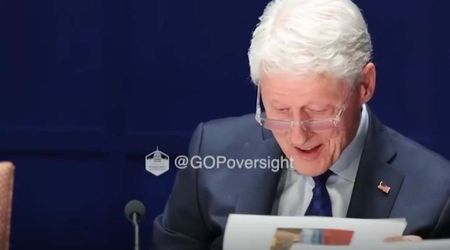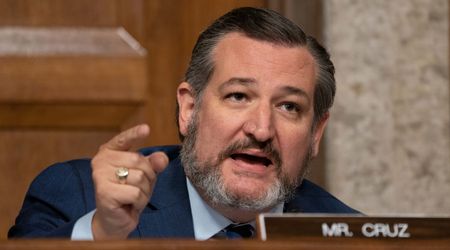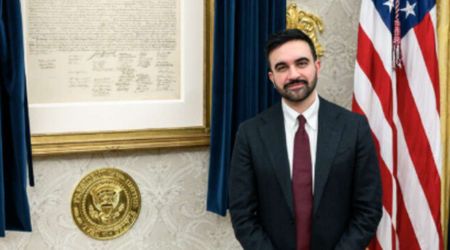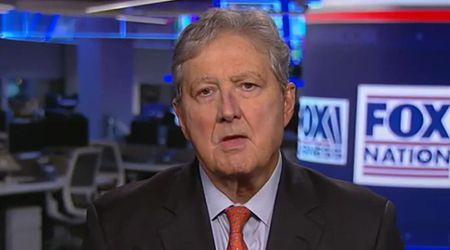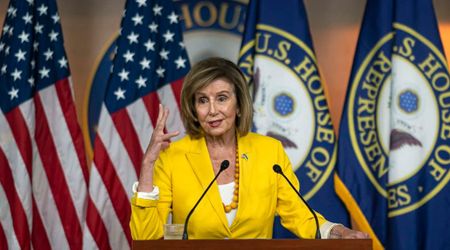6 facts about 'Hillbilly Elegy', the book that catapulted JD Vance into politics

The journey of 'Hillbilly Elegy': 6 key facts about JD Vance's influential memoir
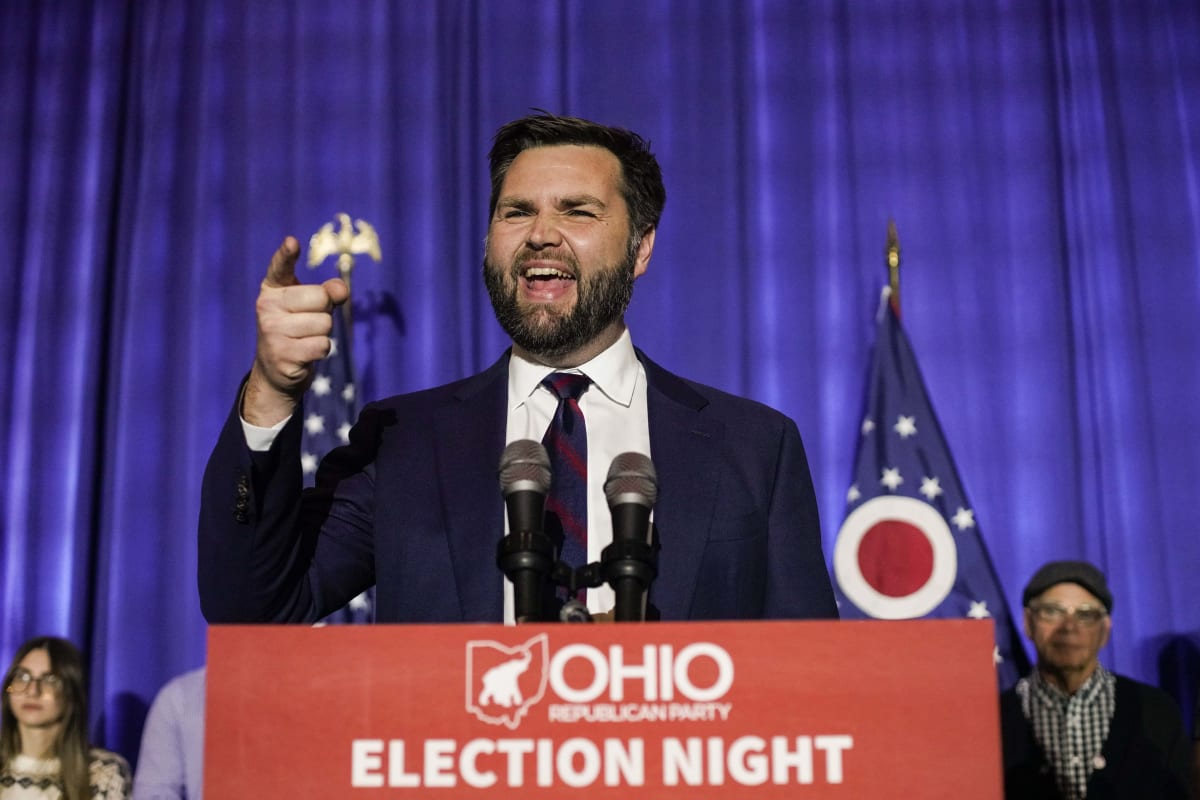
Senator JD Vance, a Republican from Ohio, has recently been chosen as former President Donald Trump’s running mate, a significant milestone in his political career. Vance initially rose to prominence with the release of his 2016 memoir, 'Hillbilly Elegy: A Memoir of a Family and Culture in Crisis', which chronicled his family's struggles with poverty, drug addiction, and abuse in an Ohio town. The memoir garnered widespread attention and sparked discussions about the factors driving Trump's appeal among White working-class voters. Here, we delve into six key facts about the book that catapulted Vance into the political spotlight.
1. 'Hillbilly Elegy' is based on a true story

'Hillbilly Elegy' is a deeply personal account based on Vance's upbringing in Middleton, Ohio, a town he described as "hemorrhaging jobs and hope." The memoir details his challenging childhood, marked by his mother's battle with drug addiction, which led to multiple stints in rehab and the loss of her nursing license. Vance candidly portrays his mother's abusive and neglectful behavior, while also expressing sympathy for the abuse she endured as a child. His grandparents, who played a significant role in his upbringing, also had a tumultuous relationship, with his grandfather struggling with alcohol and his grandmother exhibiting violent tendencies.
2. 'Hillbilly Elegy' was released just months before the 2016 election

'Hillbilly Elegy' was released in June 2016, just months before the US presidential election. Although the memoir does not explicitly discuss Donald Trump, many reviewers saw it as an insightful analysis of the cultural dynamics influencing White working-class voters who supported Trump. Vance's memoir addresses intergenerational issues plaguing the working class in Appalachia, such as persistent poverty, economic insecurity, the opioid epidemic, and social isolation.
3. 'Hillbilly Elegy' received mostly positive reviews from critics

Upon its release, 'Hillbilly Elegy' received predominantly positive reviews from critics. The memoir is described on Book Marks, a review aggregator, as having seven "rave" reviews out of 13. The New York Times praised it as a "compassionate, discerning sociological analysis of the White underclass," while the Wall Street Journal lauded it as a "beautiful memoir" that also serves as cultural criticism of White working-class America.
4. 'Hillbilly Elegy' attracted controversy due to its portrayal of working-class Appalachia

Despite its acclaim, 'Hillbilly Elegy' also faced significant criticism for its portrayal of working-class Appalachia. Some critics argued that Vance's emphasis on culture and psychology as explanations for poverty overlooked the structural economic inequalities that also play a crucial role. The Guardian likened Vance's narrative to the "welfare queen" stereotypes historically used against Black communities. Silas House, chair of Appalachian Studies at Berea College in Kentucky, labeled the book "dangerous," accusing Vance of perpetuating harmful stereotypes about the Appalachian people.
5. 'Hillbilly Elegy' was adapted into a Netflix film

In November 2020, Netflix released a film adaptation of 'Hillbilly Elegy', directed by Ron Howard and featuring Amy Adams, Glenn Close, and Gabriel Basso. Netflix secured the rights to the film in 2019 with a $45 million bid, and the movie was initially seen as a potential Oscar contender. However, it received overwhelmingly negative reviews, holding a mere 25% score on Rotten Tomatoes based on 259 reviews. Critics panned the film for reducing the complex family dynamics to melodrama and for ignoring the political aspects of Vance's memoir.
6. JD Vance was critical of Donald Trump while promoting 'Hillbilly Elegy'

While promoting 'Hillbilly Elegy' in 2016, Vance was openly critical of Donald Trump. He described himself as a "never Trump guy" in an interview with Charlie Rose and wrote an op-ed for The Atlantic calling Trump a "cultural heroin" who offers temporary relief but cannot solve America's deeper social and cultural issues. Vance even likened Trump to "America's Hitler" in a private Facebook message.

